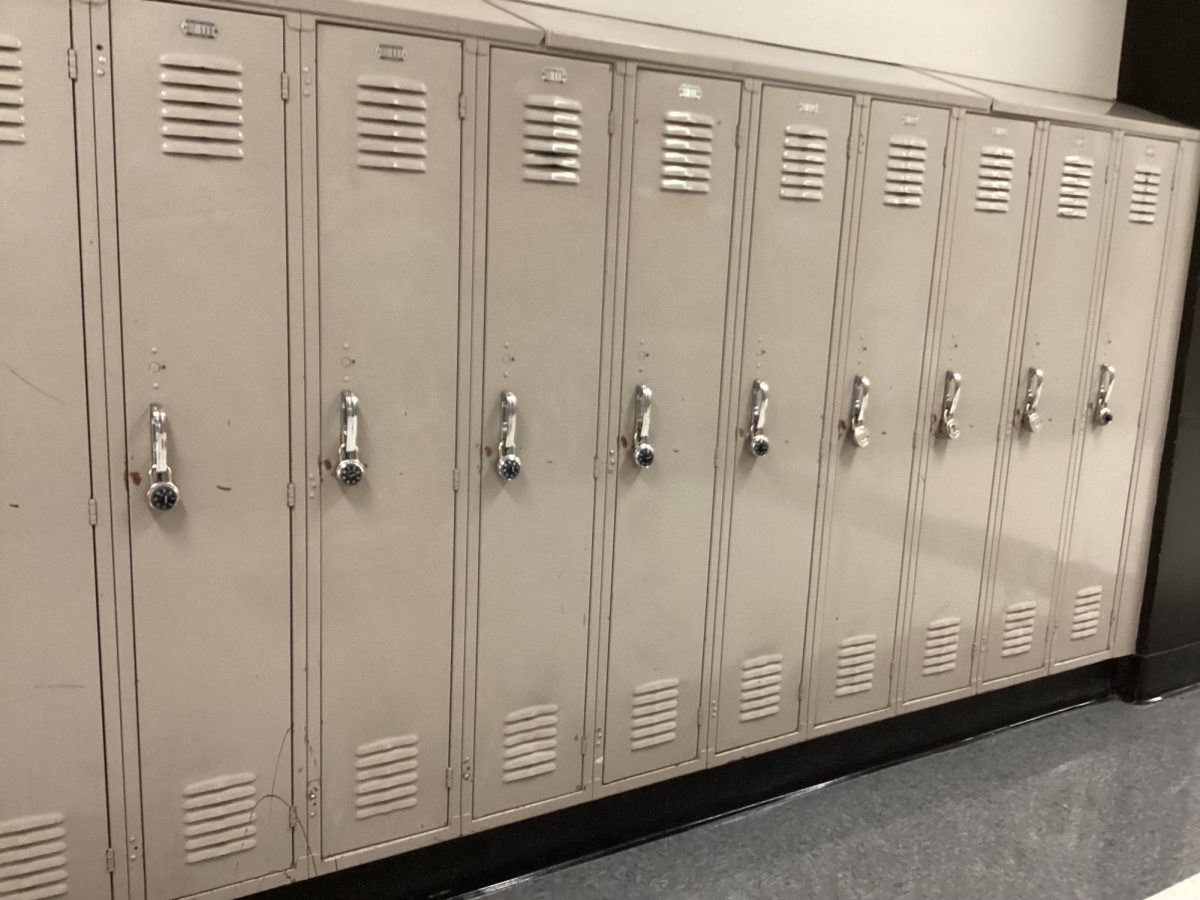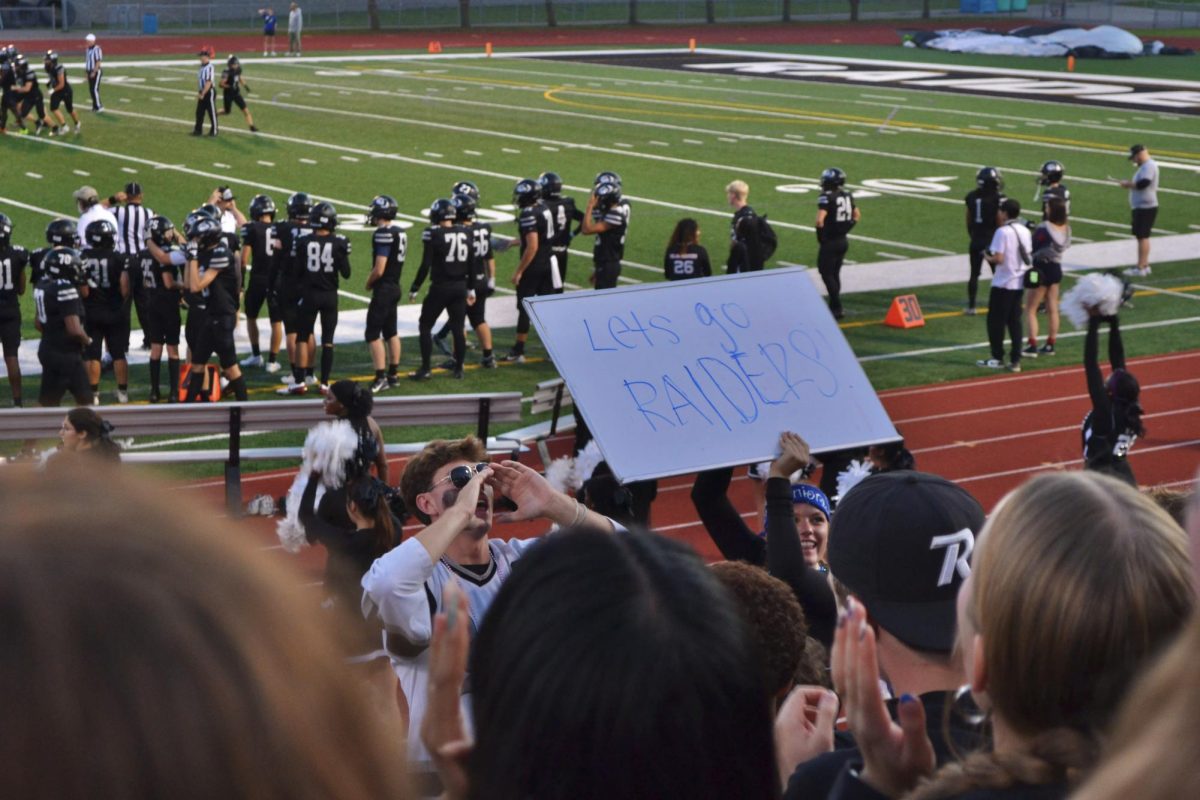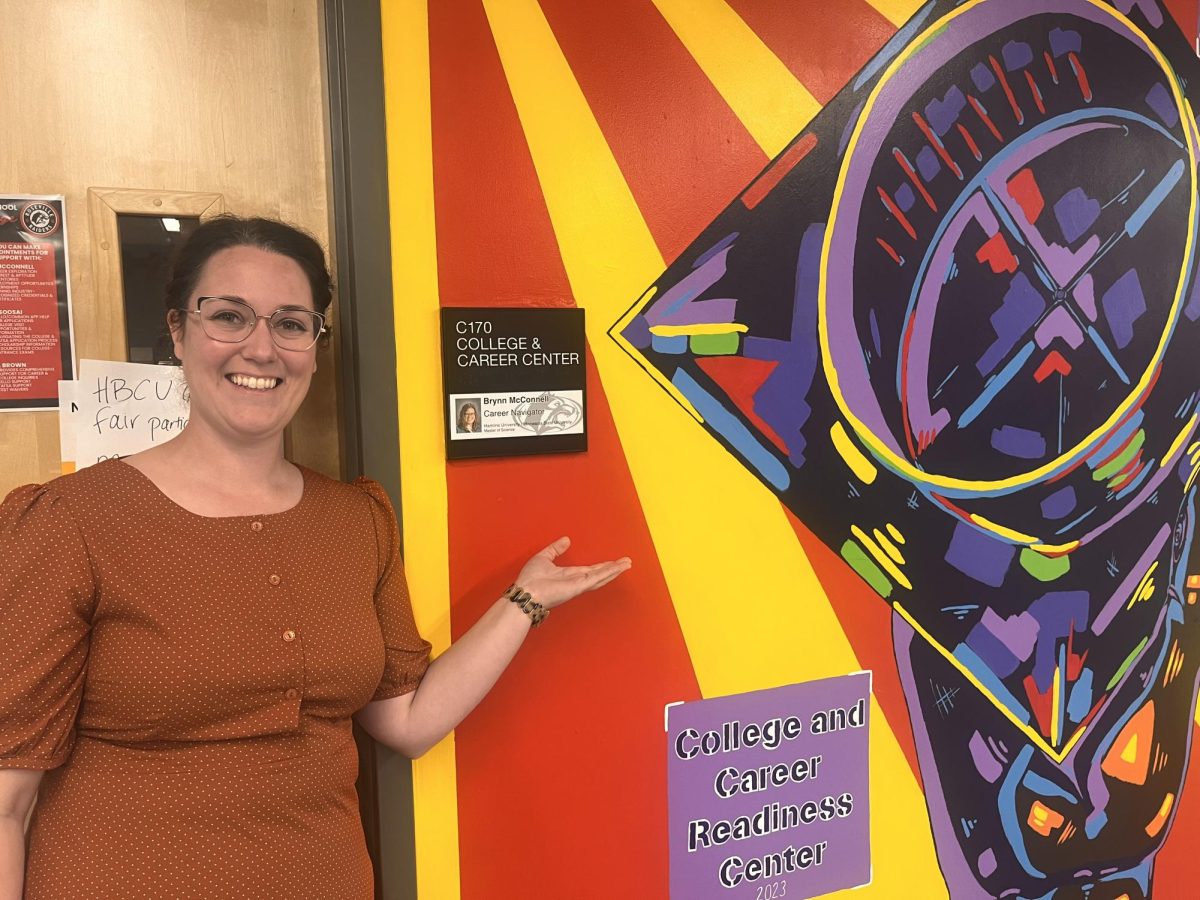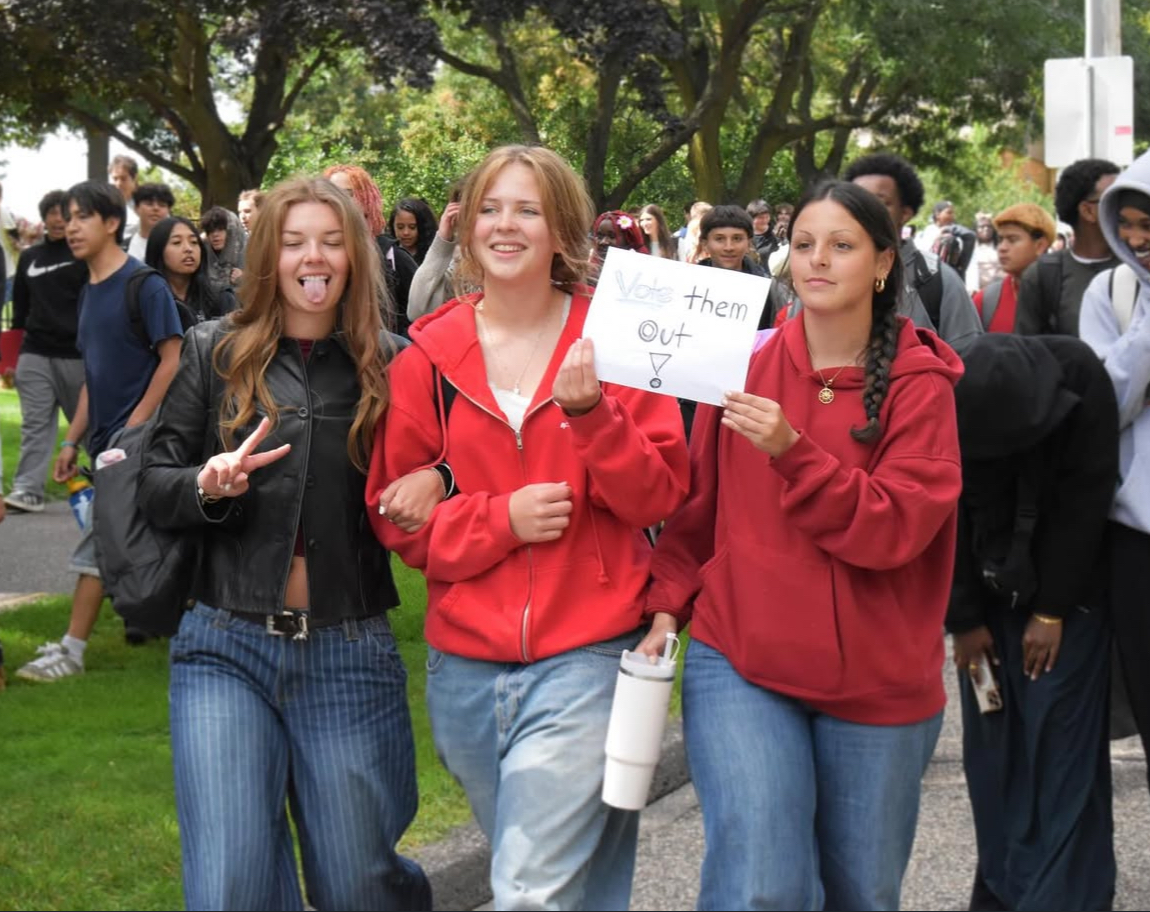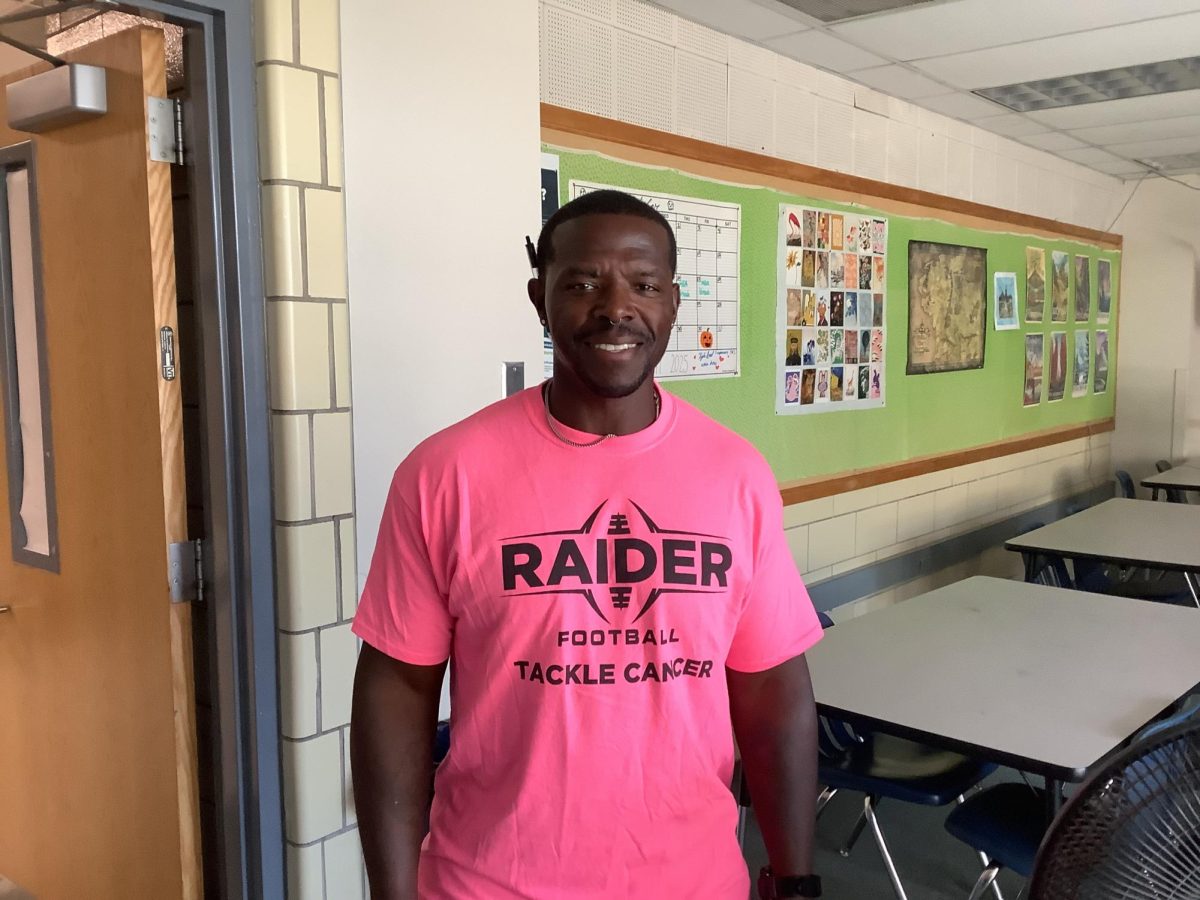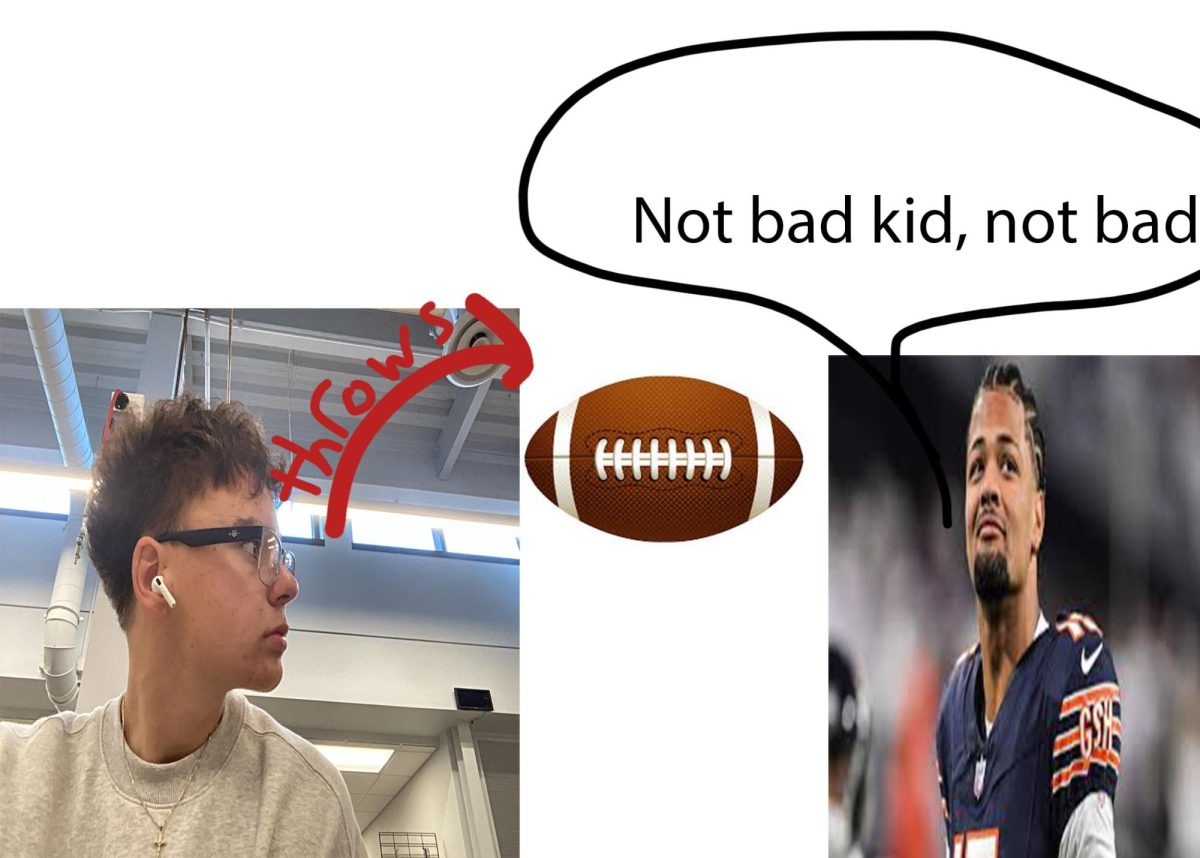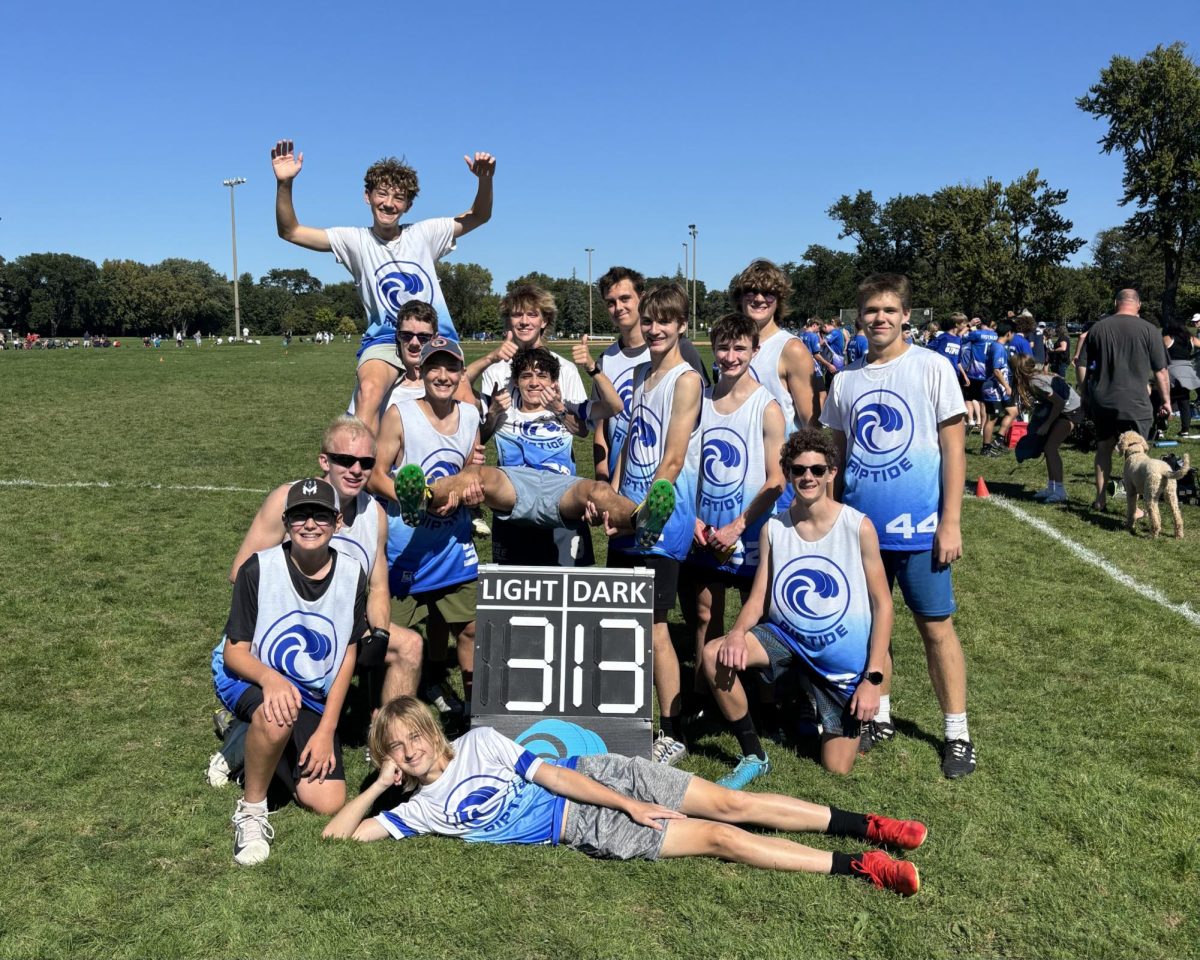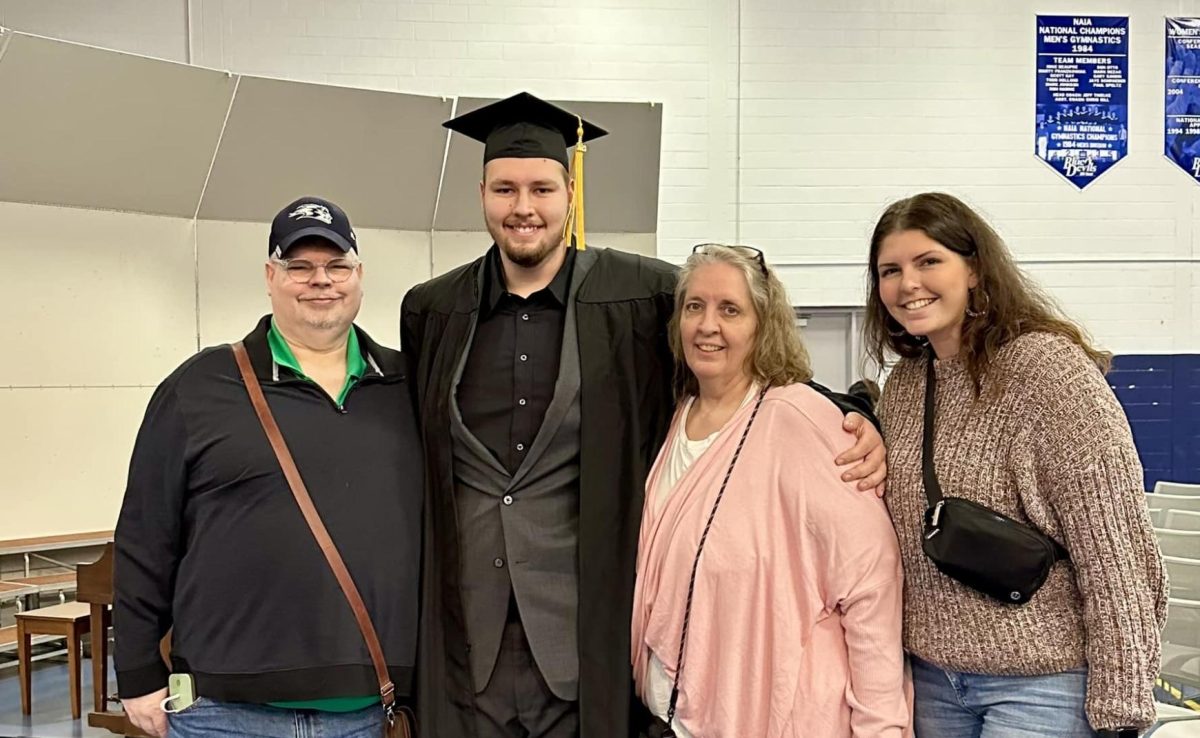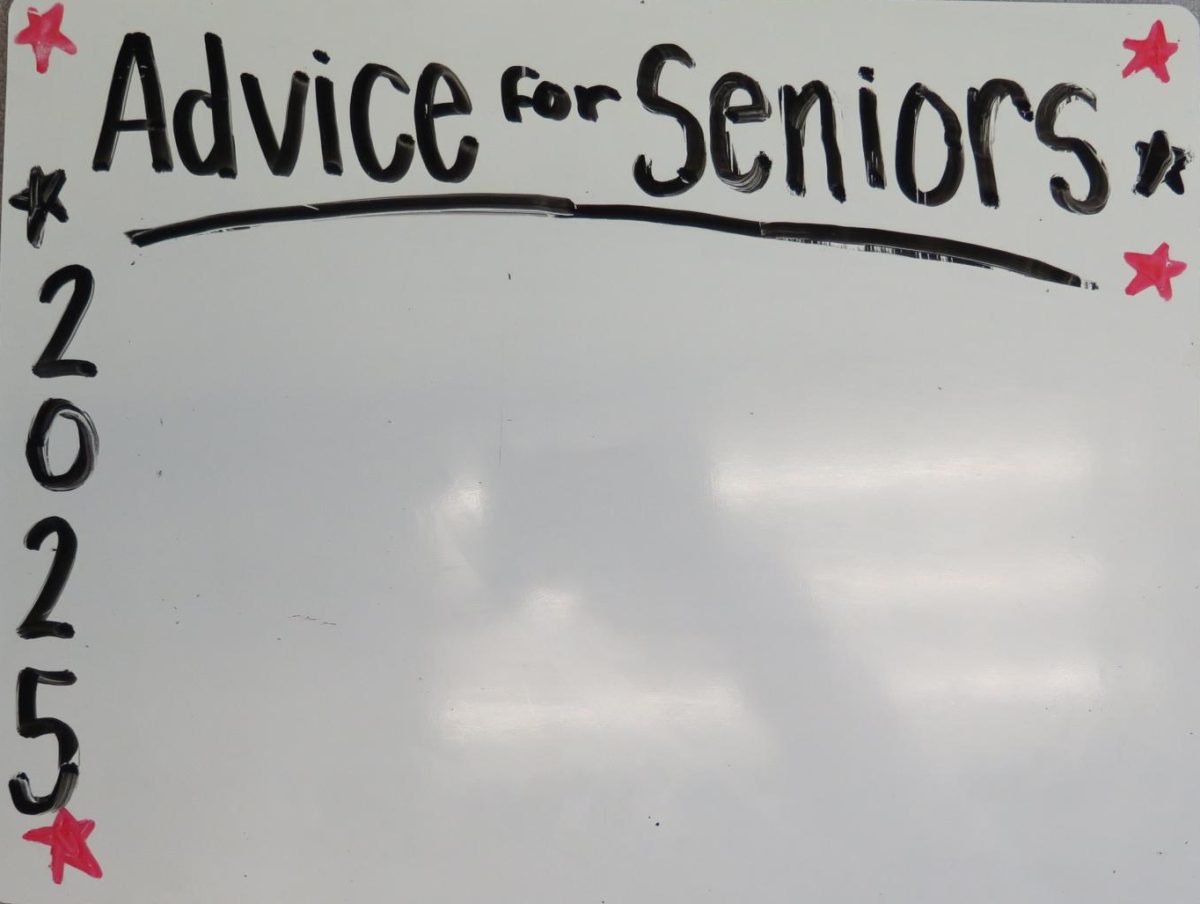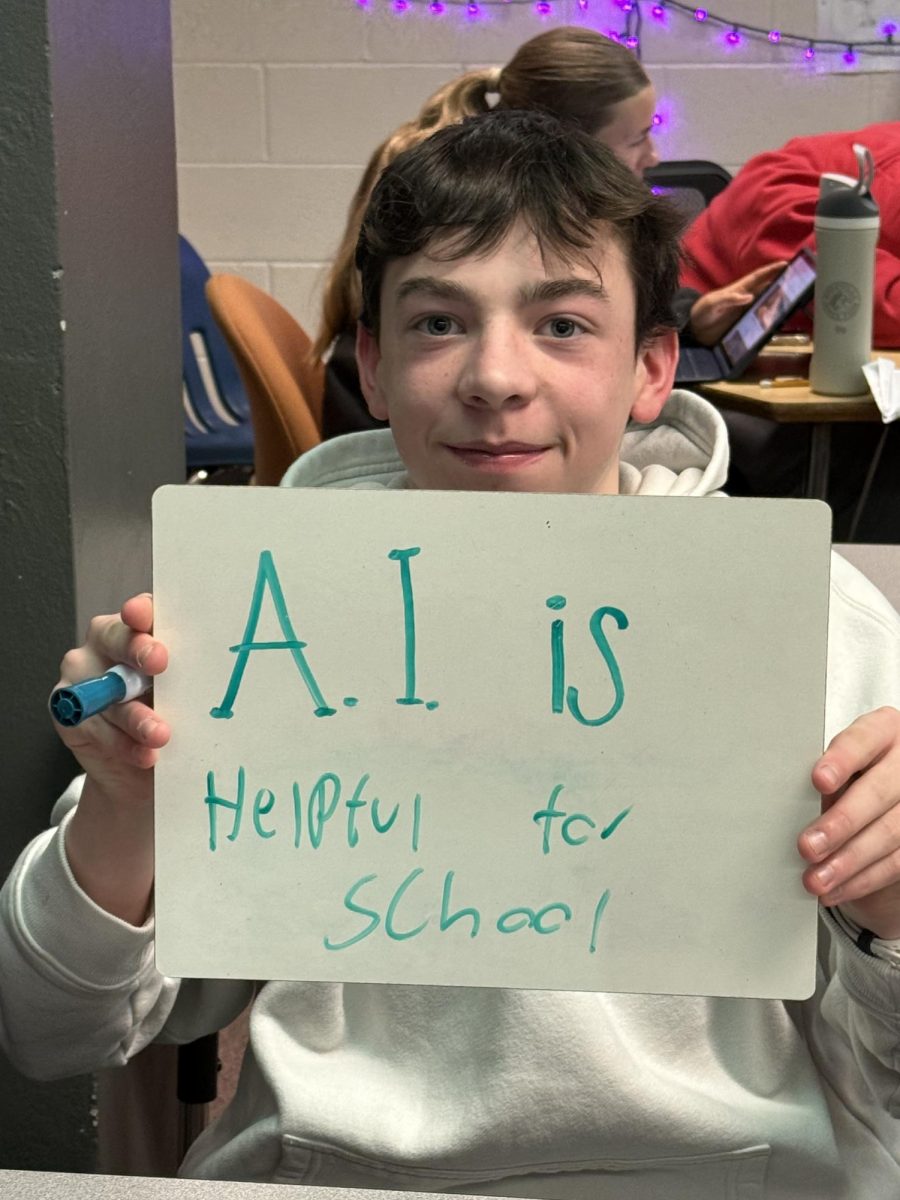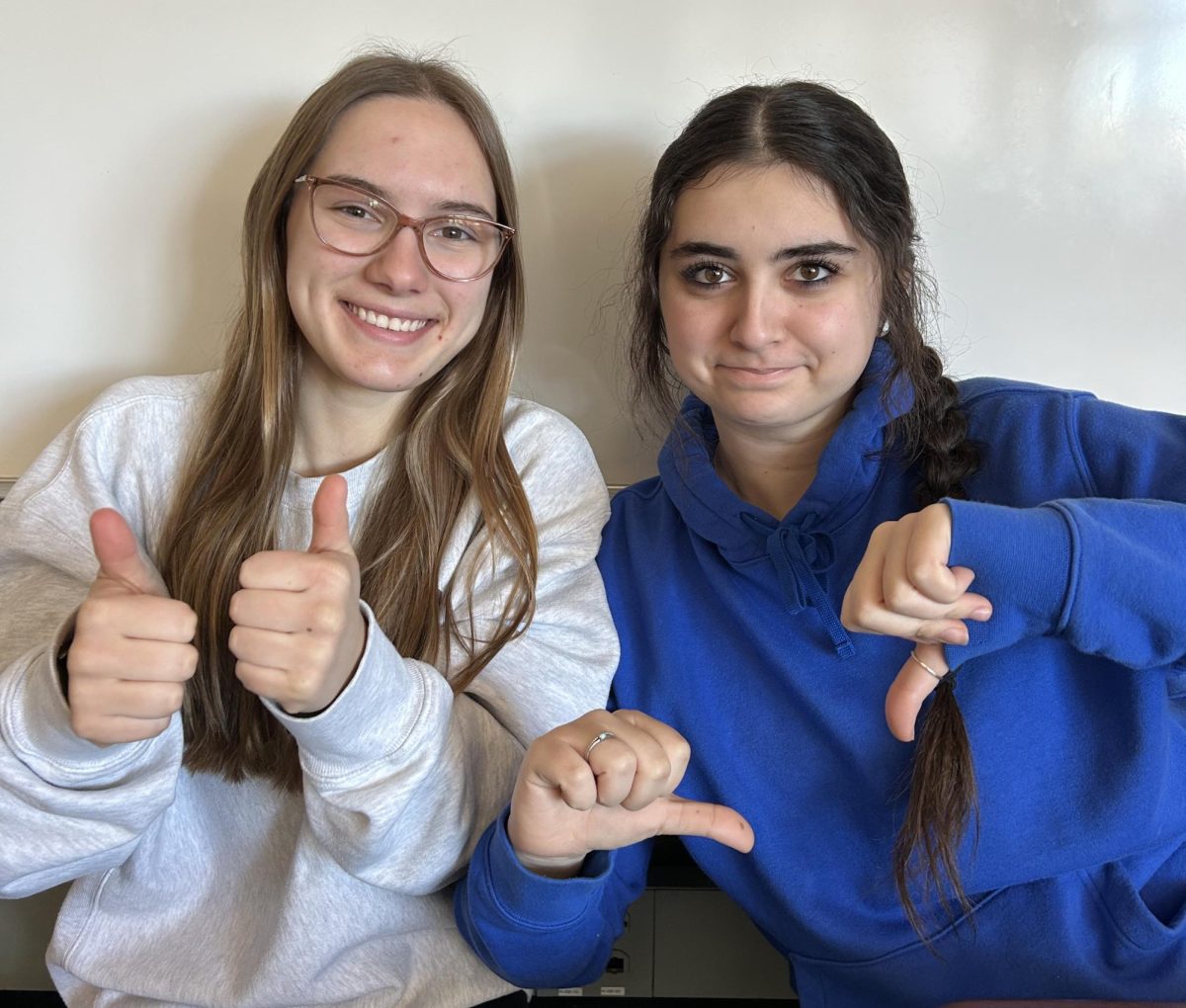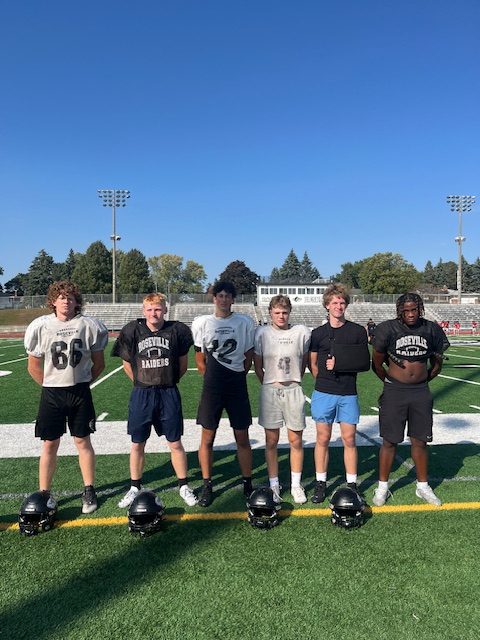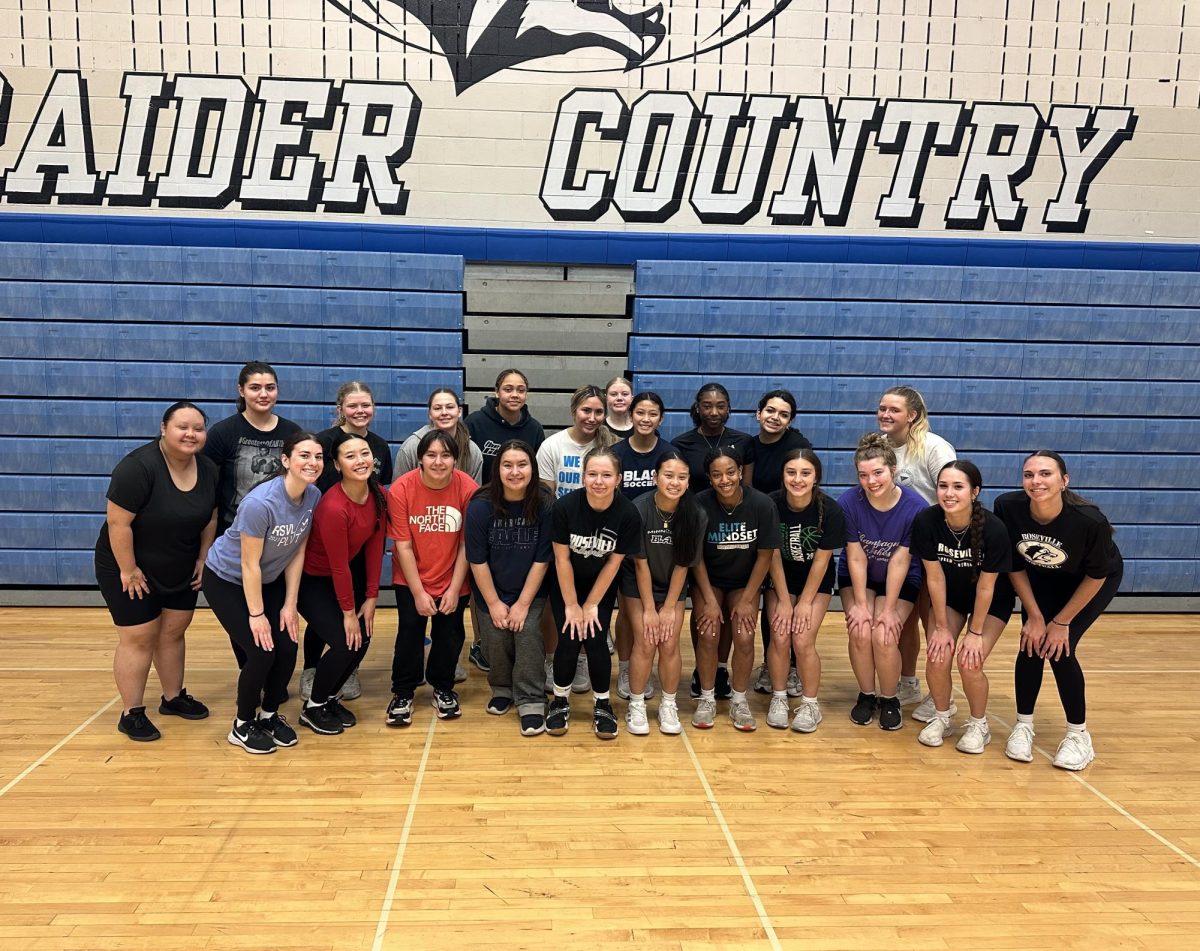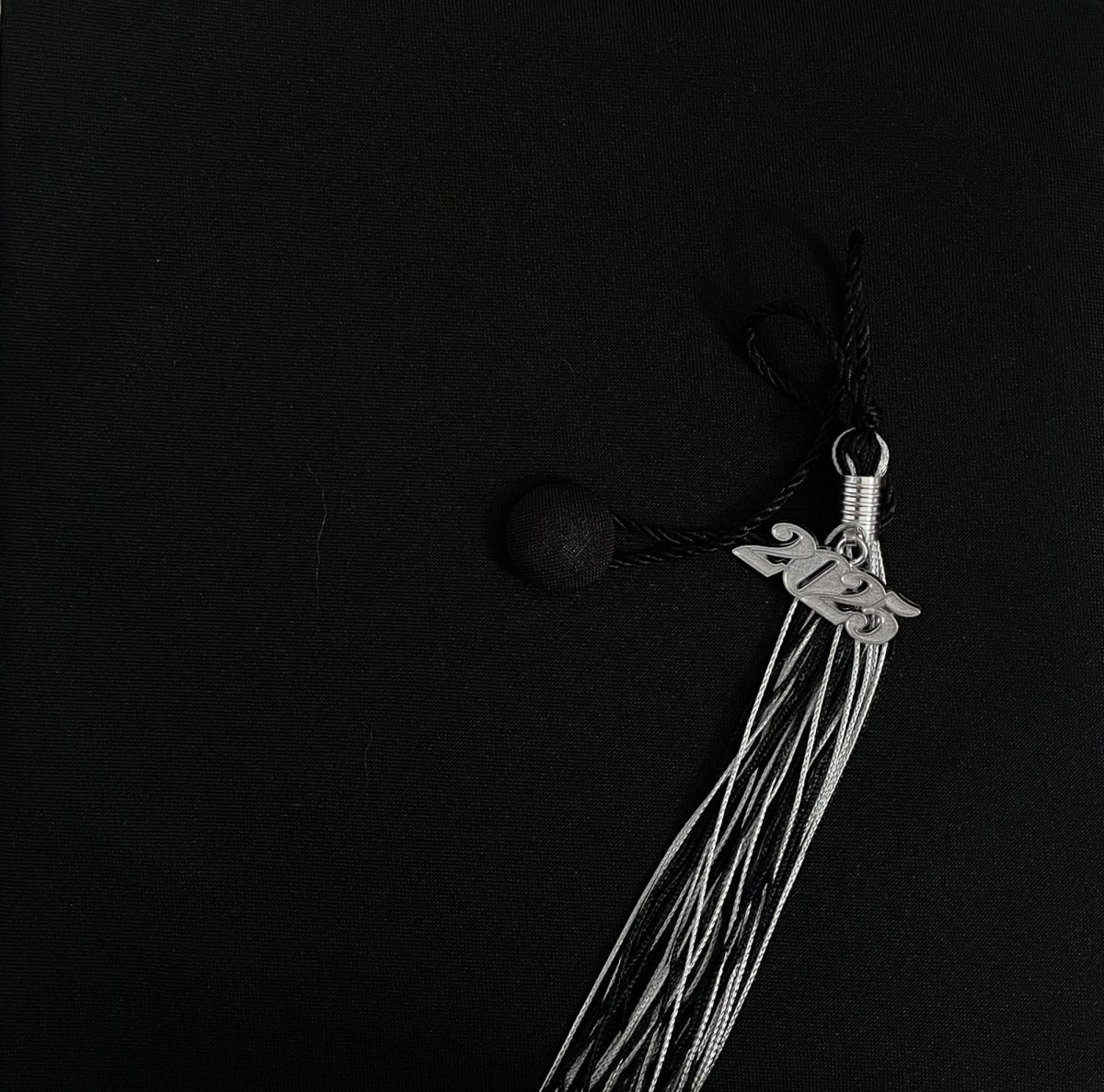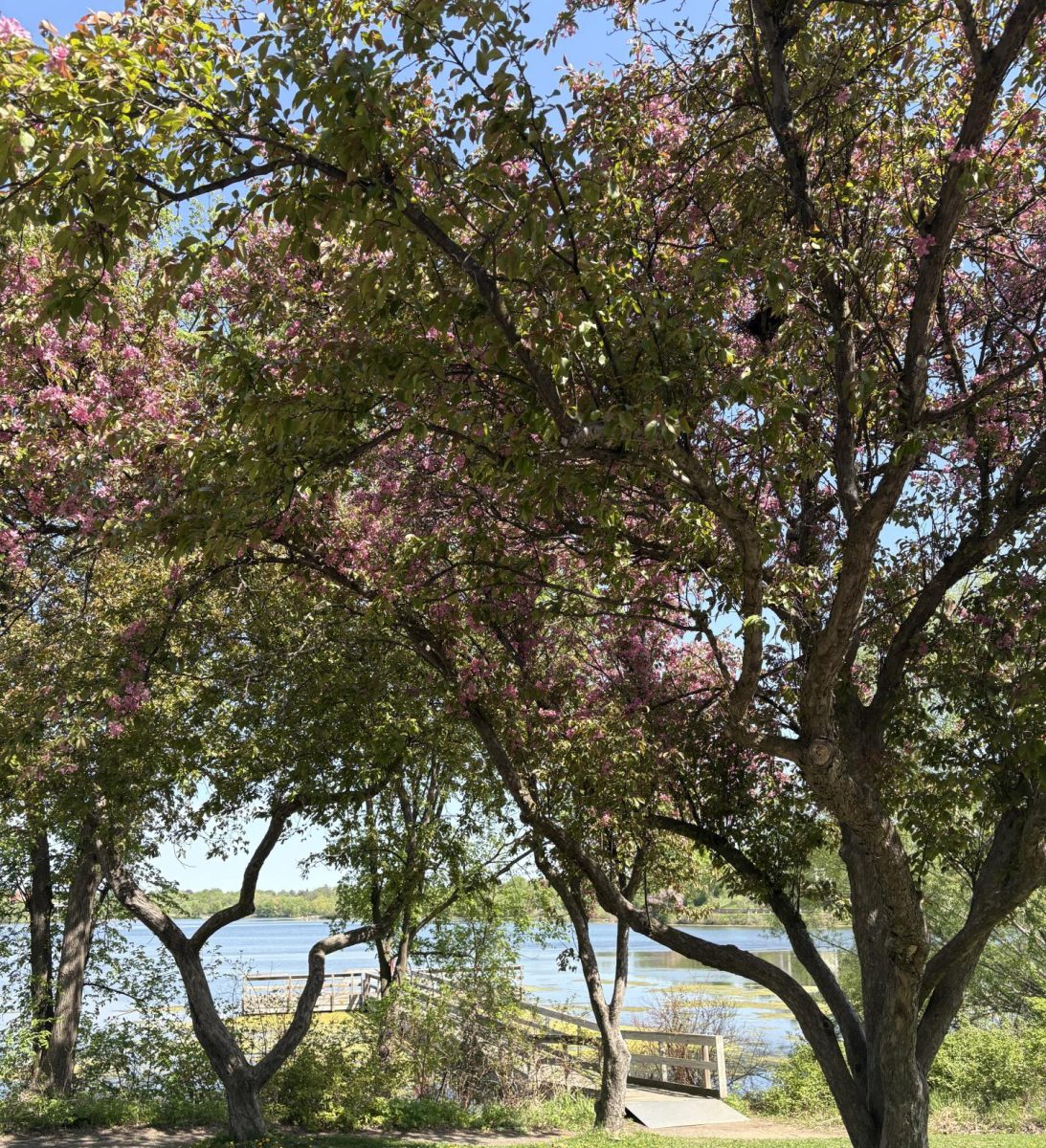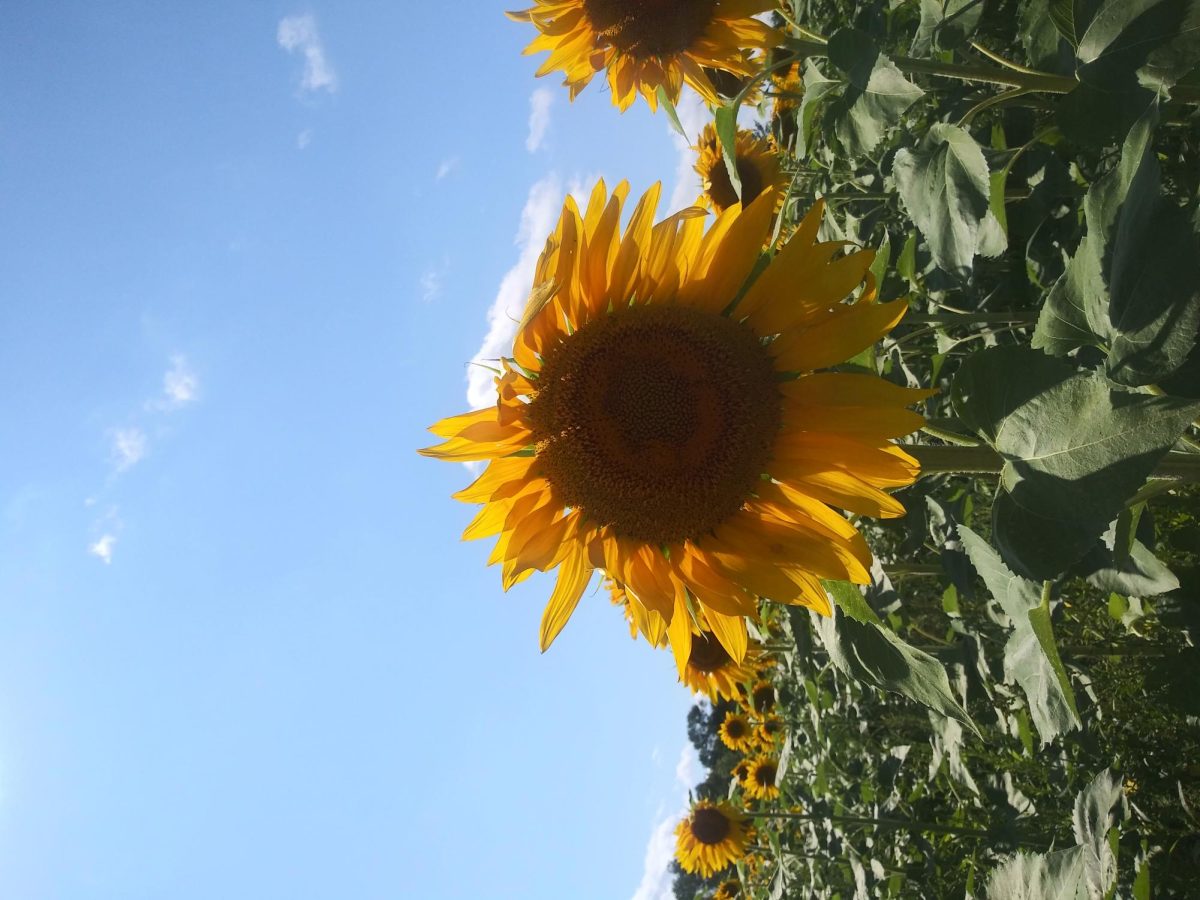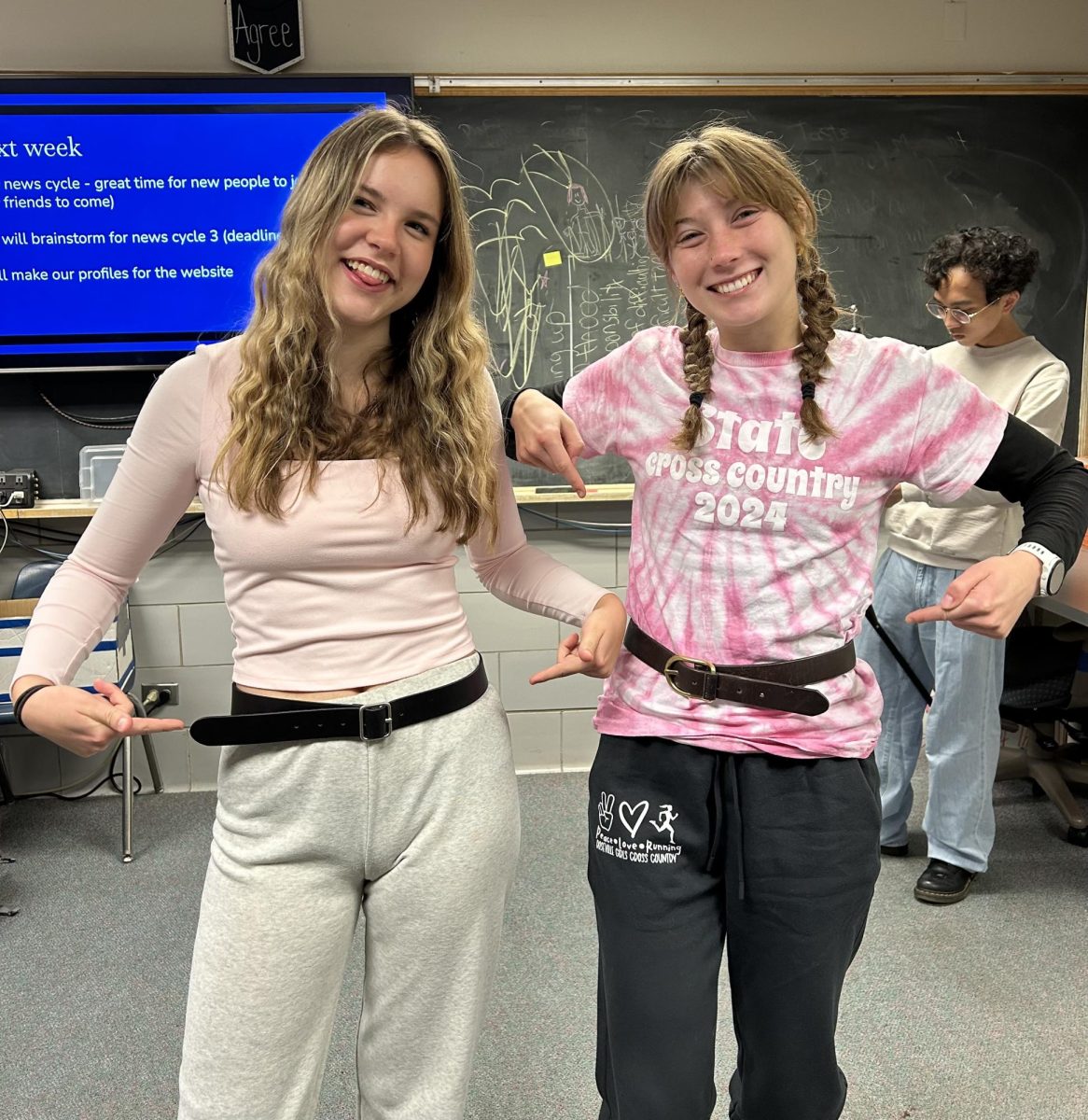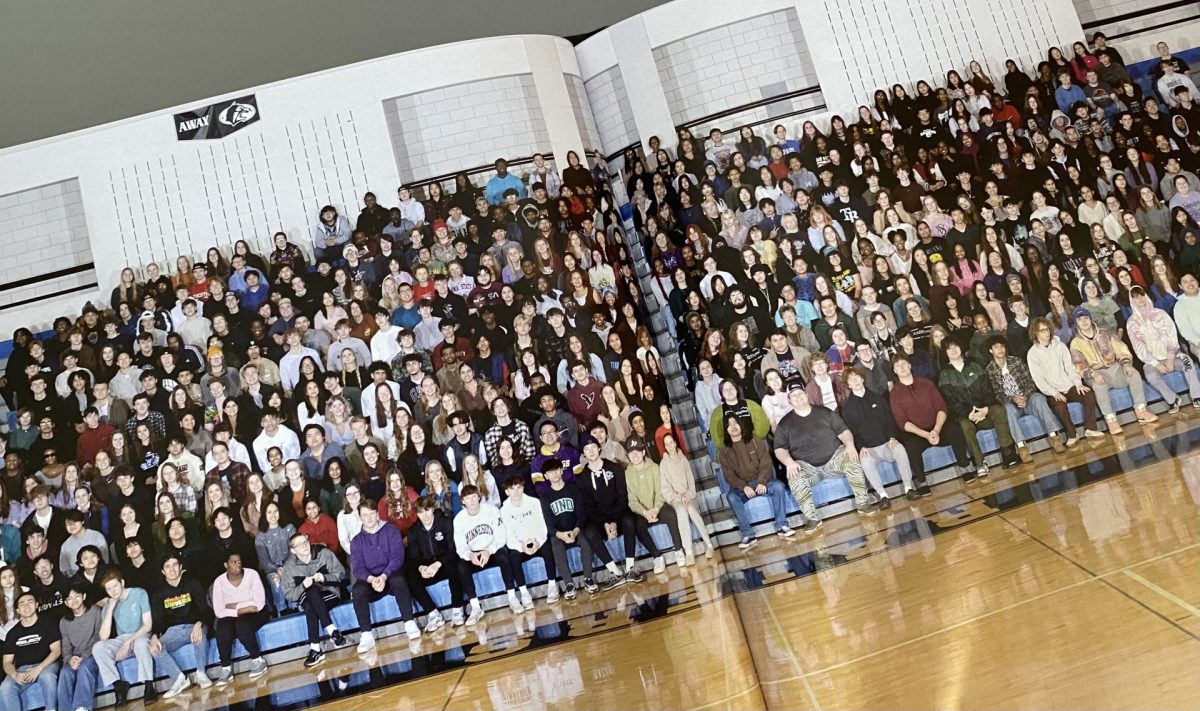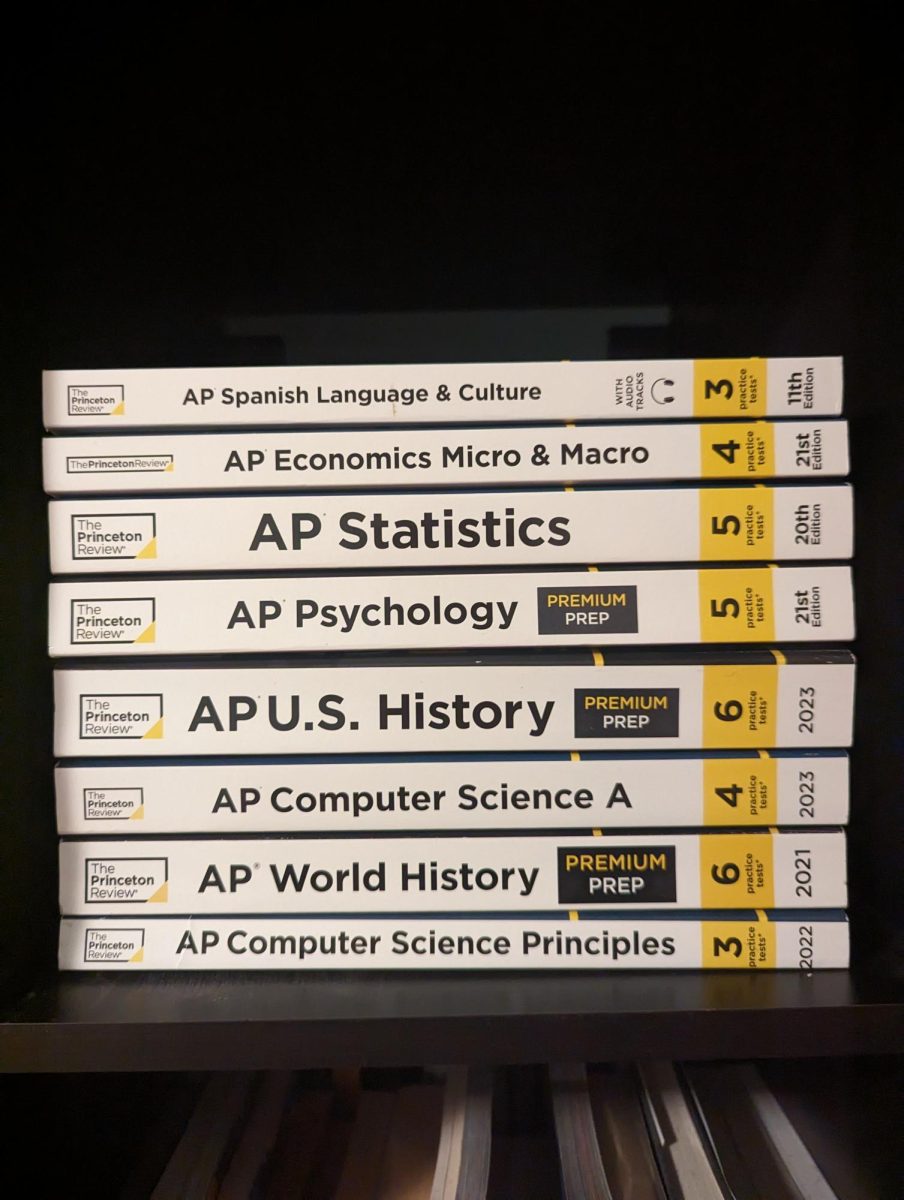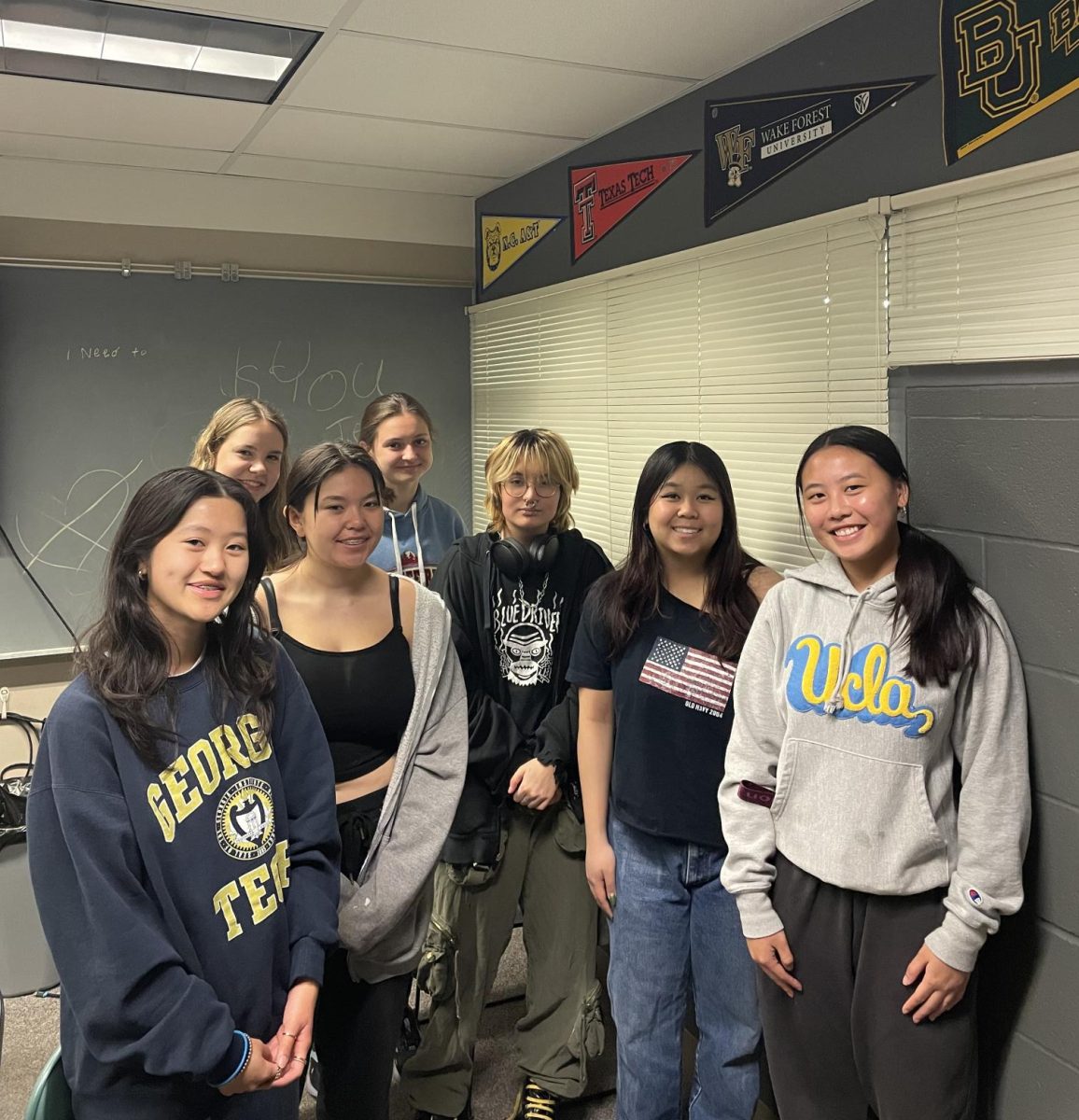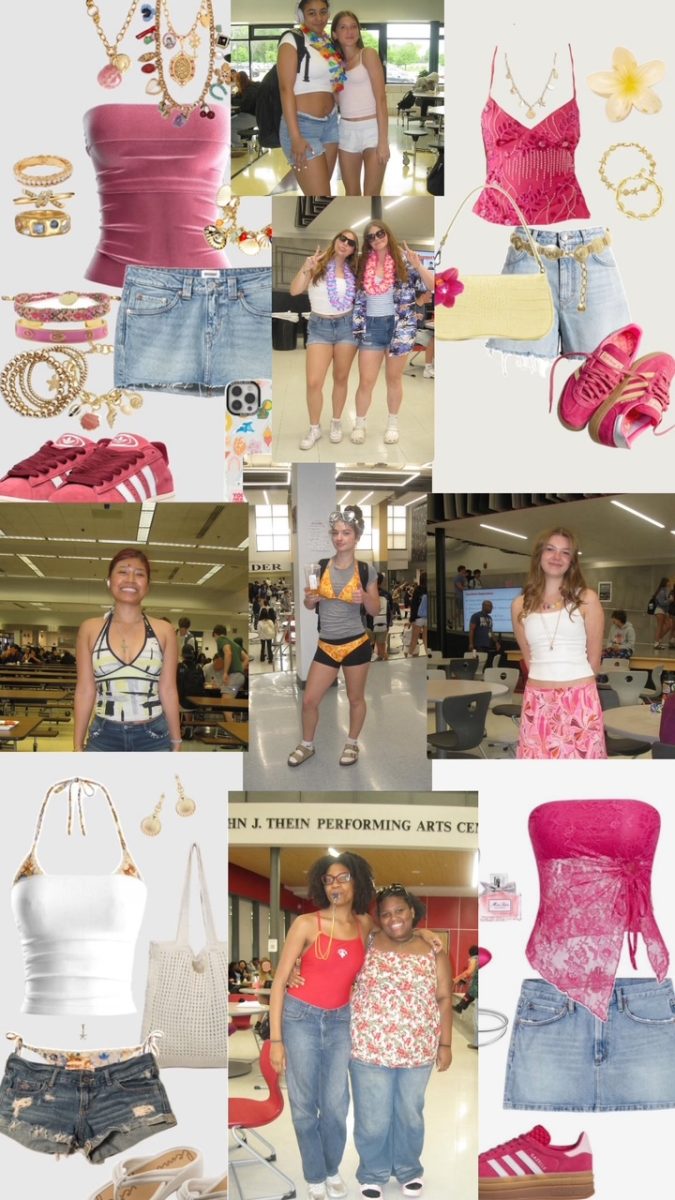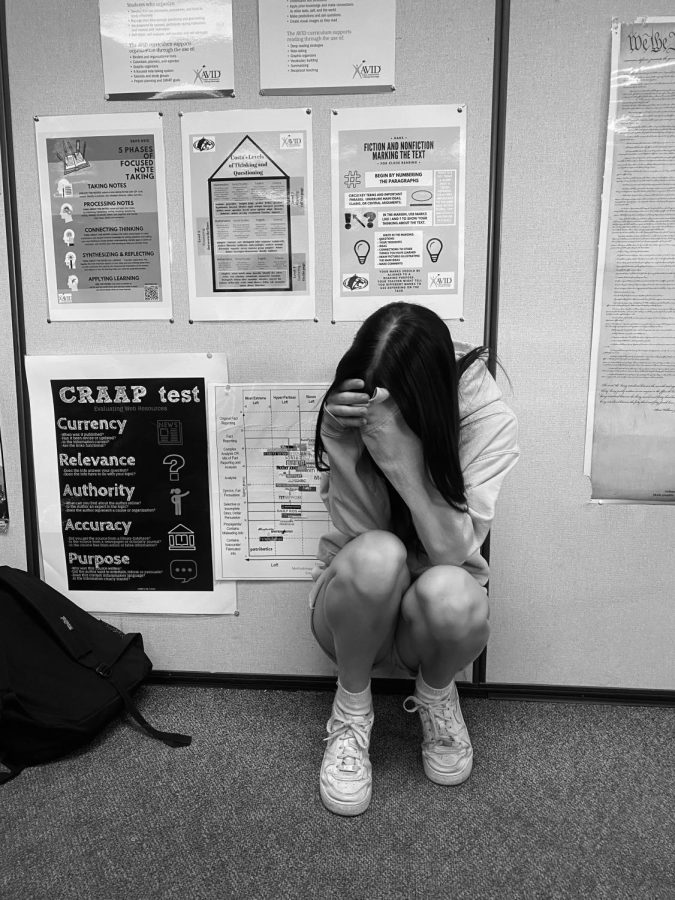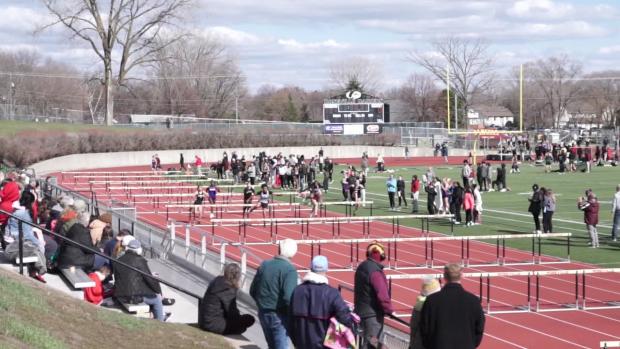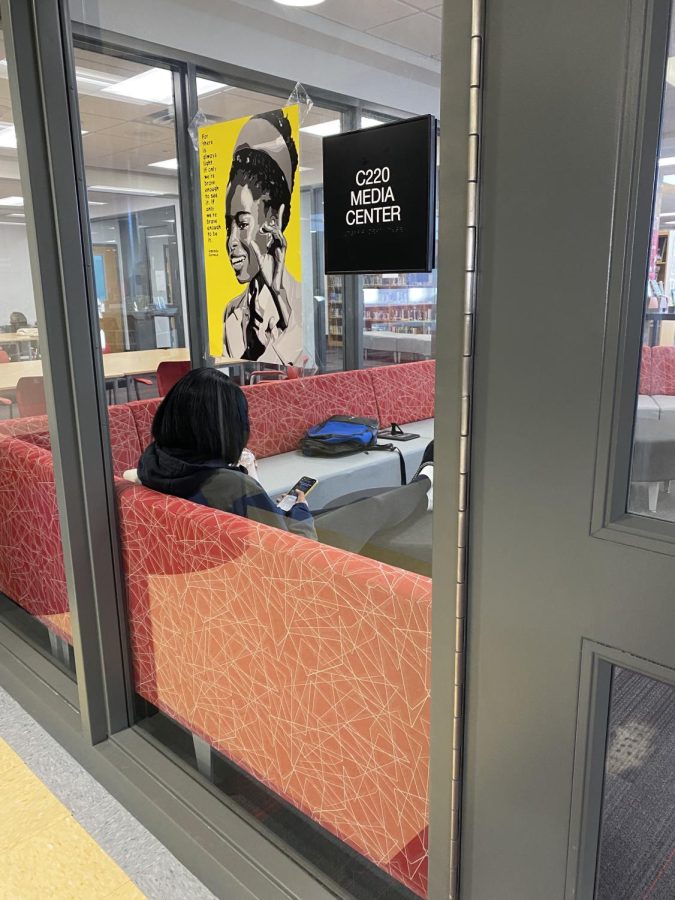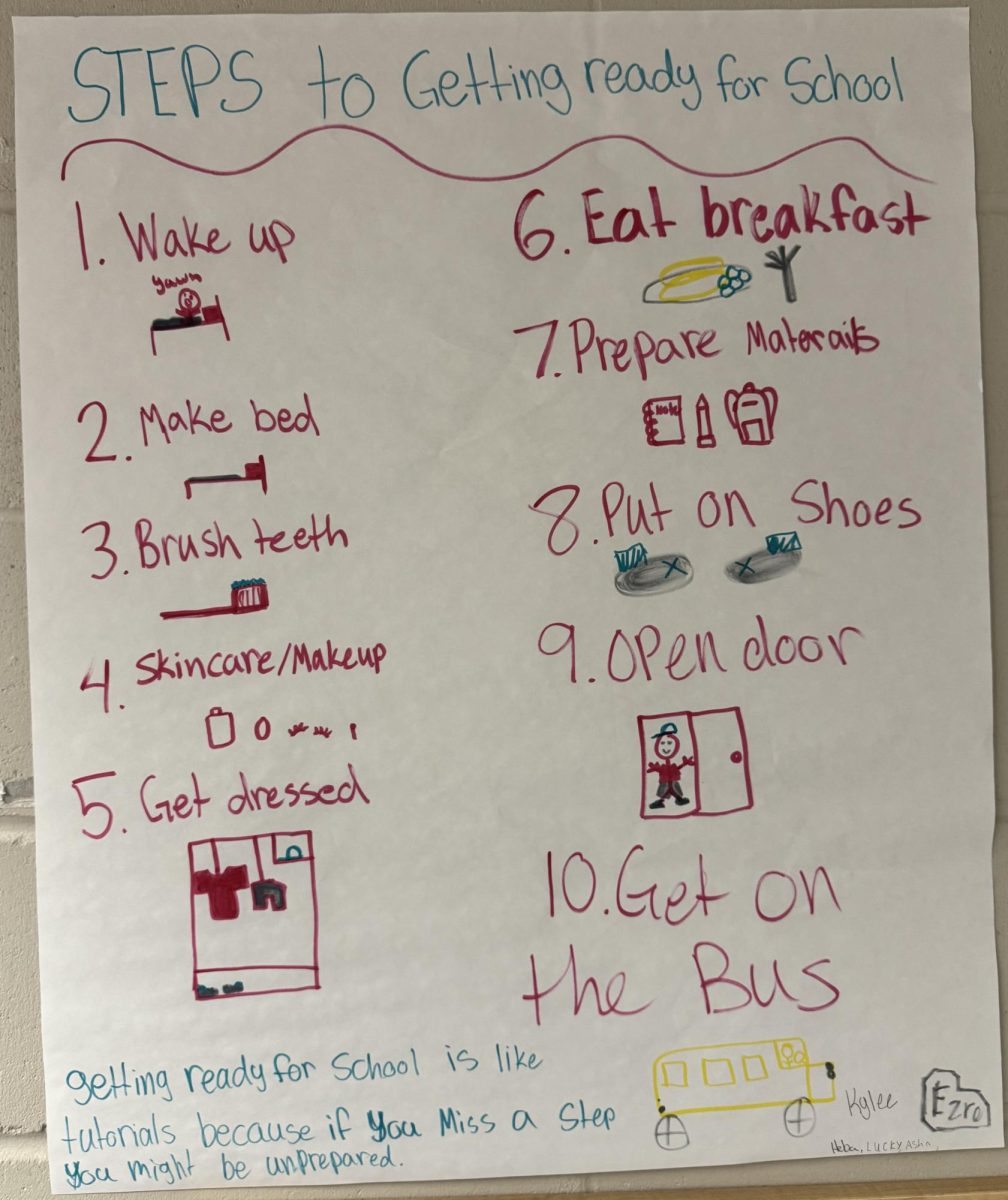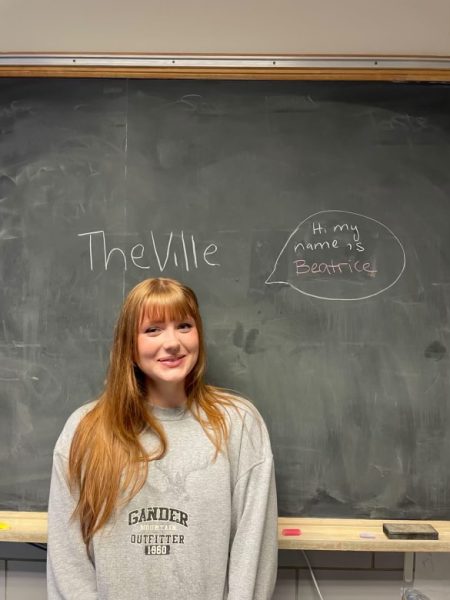Today’s teenagers face more challenges with mental health than ever before. The impact of the internet, the lingering effects of Covid-19, and a multitude of other outside and personal factors have made life difficult for many young people. The question is — what can be done to help?
Madisen Lo recently launched RAHS’ first youth-run mental health program: Peer Helpers. Aiming to create, “a safe, comfortable, non-judgemental, and confidential space,” for the whole student body, she wants us to know that it’s ok to ask for help.
“I hope this program positively impacts the RAHS community by providing an outlet for students to talk about their worries or stresses that the adults in their lives may not understand,” Lo said.
Lo said she has always had a deep interest in psychology and helping others. According to Lo, one of the best ways for people to become the best version of themselves is by changing their mindset and outlook on life. Peer Helpers is here to do this and much more.
Partnering with RAHS’ existing social workers, Peer Helpers provides an outlet for students who may feel more comfortable talking to someone their own age. Speaking to adults can be intimidating, and the relatability and understanding of a peer offers a unique and safe space.
Peer Helpers currently consists of fourteen members, each of which were interviewed prior to participation in the program. Members will receive regular training from mental health professionals, where they learn what it means to be a social worker, and how they can be of the most help to their fellow students.
Mallory Moua (12) joined Peer Helpers because of her passion for psychology and helping others. She hopes to create better and stronger connections within the student body and foster a support group that everyone can trust.
With all of the challenges facing teenagers today, Moua said, “…it’s hard to sit down and talk about [mental health] so I find it especially admirable when people can share their experiences with others,”
Nex Sundstrom (11) said that he joined Peer Helpers in support of providing a non-adult resource for students. Sundstrom said that he relates to how difficult it can be for many to find a space where they feel comfortable sharing their experiences, and hopes to provide that safe space for others.
Peer Helpers is aiming to be available to students by the end of May, however with the amount of planning and work involved in the process, it is anticipated that the program will not be in full effect until the beginning of next year.
If you are looking to reach out to the Peer Helpers program, there are posters with scannable QR codes hanging throughout the school. These links will lead students to a website where they can schedule appointments and learn a bit more about the program and its members. In addition, you can follow them on Instagram @rahspeerhelpers.

